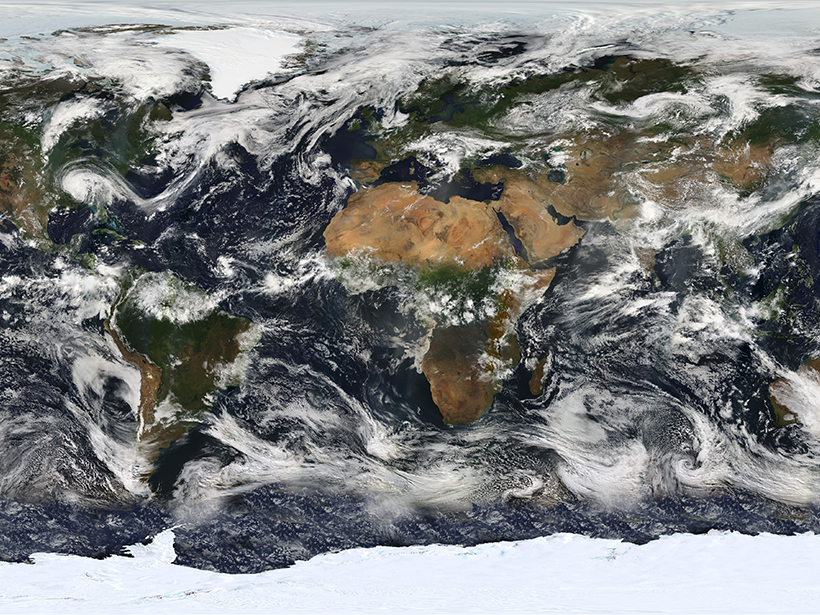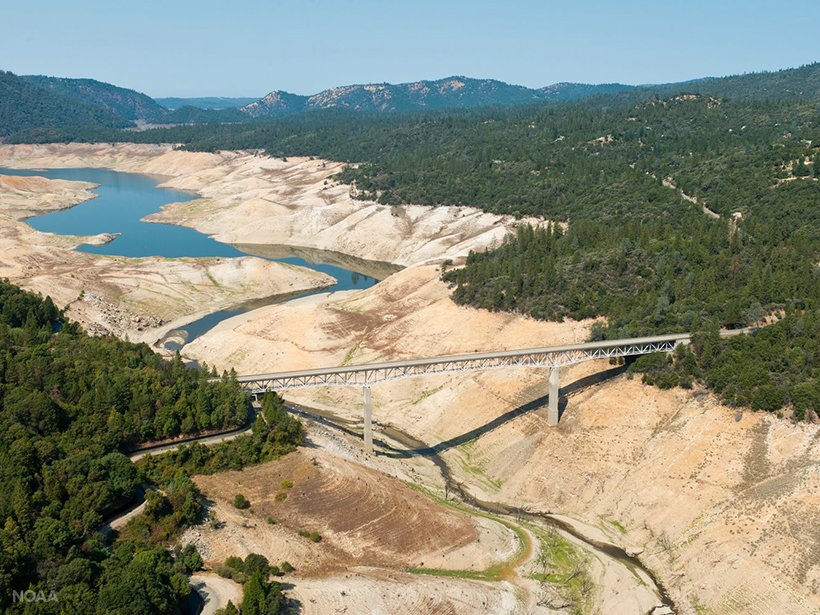IPICS 2016 Open Science Conference; Hobart, Australia, 7–11 March 2016
Climate Change
Eliminating Uncertainty One Cloud at a Time
The impact of clouds on climate change has been a scientific mystery for decades. Now researchers are fighting to gain the upper hand.
Mars’s Climate May Have Been Wet Much Later Than Thought
Water-carved valleys may be relatively young, challenging assumptions about the history of the Red Planet's climate.
Climate Change, Groundwater Management, and California's Future
Conference on Climate Change and the Sustainable Groundwater Management Act; University of California, Davis, California, 4–5 April 2016
Tide Gauge Records May Underestimate 20th Century Sea Level Rise
Tide gauges can help measure sea level change, but their limited locations and short records make it hard to pinpoint trends. Now researchers are evaluating the instruments' limitations.
The Arctic Freshwater Synthesis
The result of international study and coordination, this Special Issue provides an important "state-of-the-science" review of changing systems and their potential impacts.
Candidates Have Dustup over Climate in First Debate
During the first presidential candidate debate Monday, Donald Trump denied saying that climate change is a hoax, but his own tweets show otherwise.
White House: National Security Plans Must Consider Climate Risks
Along with the new policy directive, the administration released a report on how climate changes—from more extreme weather to sea level rise—can threaten national security.
Comprehensive Earth System Models of the Last Glacial Cycle
Much of modern climate science fails to consider millennium-scale processes, many of which may prove to be important for predicting the climate trajectory in the shorter term.
Aquatic Plants May Accelerate Arctic Methane Emissions
About two thirds of the gas produced by a study area near Barrow, Alaska, came from increasingly abundant greenery covering only 5% of the landscape, researchers estimate.










